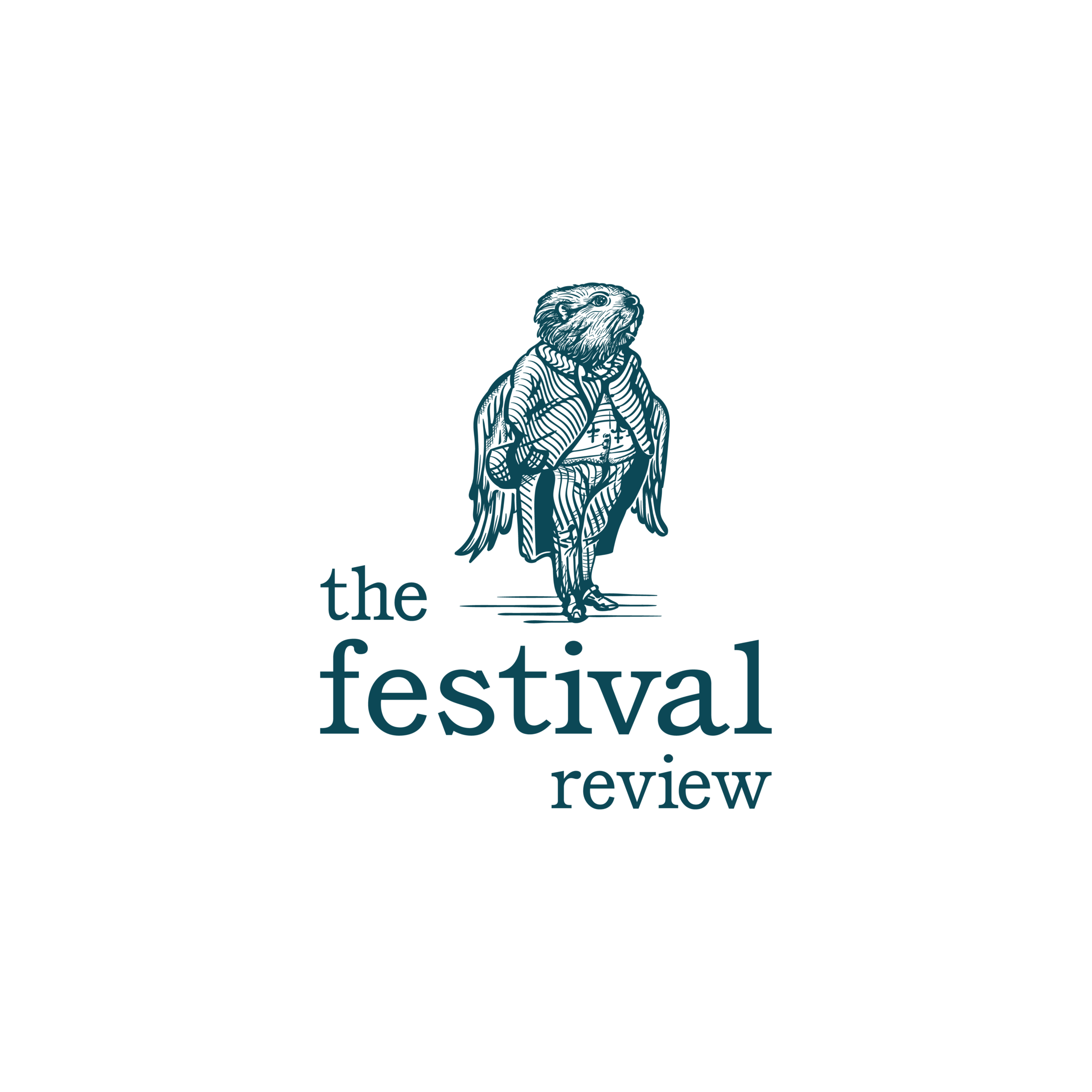The Exiles
To see the present for what it is, we often need to look through lenses of the past. In our current moment, we’re experiencing a resurgence of social justice movements across the country in response to systemic racism, police brutality, discriminatory incarceration, and more. In her latest novel, The Exiles (August 25, HarperCollins), Christina Baker Kline (The Orphan Train, A Piece of the World) tells a captivating and timely story that sheds light on just these topics, set in a place far from America in 2020.
This book comes full of rich characters and remarkably current themes, given its historical setting in England and Australia in the 1840’s. For those not familiar, England routinely shipped off convicted criminals — no matter the severity of the crime or the proof thereof — to Australian prisons to work off their time. Many of these “criminals” were women sent to the Cascades Female Factory (yes, factory) on Van Diemen’s Land, later named Tasmania to distance the place from its dirty history.
That’s exactly the substance at work in this textured novel. While we may try to distance ourselves from the unjust crimes of the past, that does not erase them. In fact, Ms. Kline’s new novel reminds us how very important it is to remember our history in order to learn from it and make changes for a more just world.
Specifically, the story follows the lives of several female characters, ranging from a young Australian Aboriginal girl adopted by an English family as a personal experiment, to a number of convicts aboard “transport” ship Medea, and the difficulties they must dig through at every turn. Ms. Kline has Shakepeare’s Tempest feature heavily throughout to function as a mirror for these women and their plight. With only a few exceptions, the text from the play works marvelously to reflect and magnify the novel itself.
We primarily follow Evangeline, a woman falsely convicted for theft; Hazel, a teenager, convicted of a theft her mother forced her into; Olive, a prostitute with a heart of gold (when she wants); and Mathinna, the Aboriginal girl taken from her tribe to live with Lady Franklin and her husband, who attempt to give her a Westernized education in math, language, and dance.
A few men figure largely as well: Buck, the self-centered convict who wreaks havoc on all in his purview; Dr. Dunne, the ship’s surgeon and sometime confidante of the convicts, reminiscent of the abolitionist John Newtown; and Sir John (Lady Franklin’s husband), whose unpredictable temperament struck this reader as the only weak link in an otherwise strong cast of characters.
Through the lens of these flesh and blood human beings, we experience the vicissitudes of prejudice in many forms: virulent chauvinism; endemic racism; extreme income inequality; and criminal injustice at every level, from accusation, to trial at court, to subsequent prison and transport sentencing.
In Ms. Kline’s capable hands, we see firsthand the trials and tribulations of being a woman, being poor, being convicted of a crime, being illiterate, being homeless and without family. We experience the loss these women must bear time and again, and the unbelievable strength each of them musters in order to rise above their incomprehensible circumstance.
A reading of The Exiles should perhaps be required in this tumultuous year. As 2020 continues and the battle against corruption and bigotry goes on, can we turn to the past to see what we’re missing in the present? With these women in mind, might we see the long line of injustices humanity has wrought, over and over, to women, people of color, incarcerated individuals, the poor, as well as countless others?
This novel tells a fascinating story that is steeped in historically accurate settings, while offering a lens to reexamine our own context and, with any luck, bridge the gap from one human to another with empathy and grace. It’s hard to ask for much more than that.


